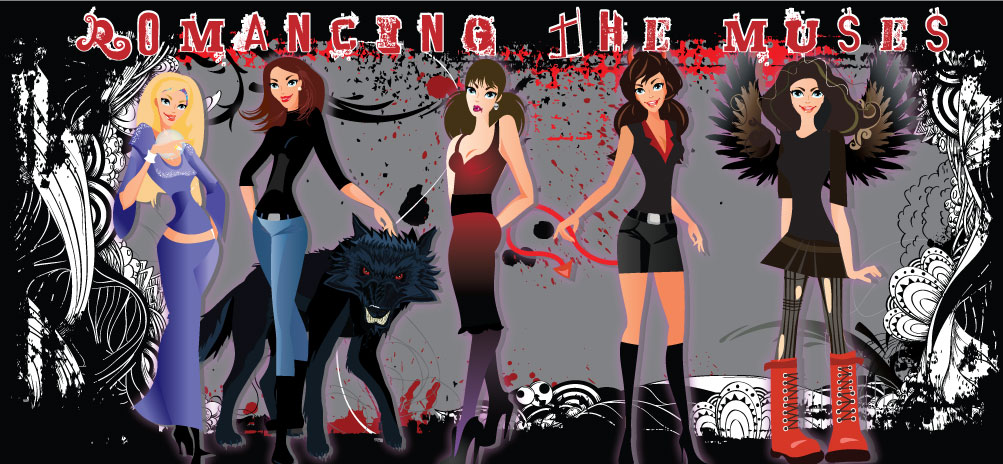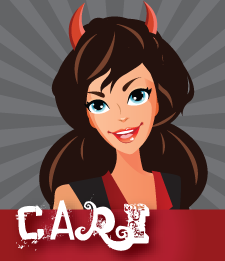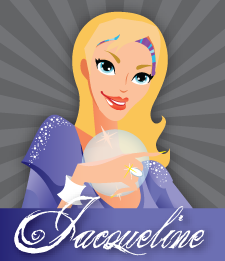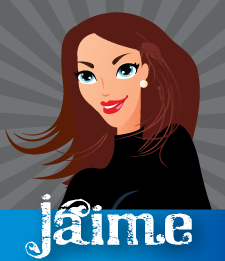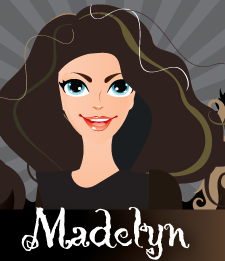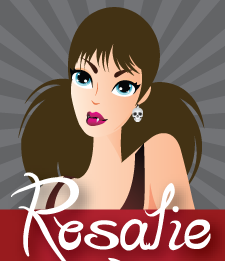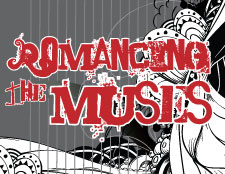
The other day, I came across someone who slammed e-readers. The blogger's argument: E-books are NOT going to become more popular than print. There were many points he/she mentioned, which I won't go into here. Rather I'm going to focus on why "I" think e-readers are only going to become more popular and why "I" believe e-books are going to start edging out print books in the future.
Let's begin with an example:
Years ago, if you wanted to see a movie, there was only one way to do it -- you had to visit a theater. I watched a special on
Gone With The Wind not too long ago. Several fans stated they viewed the film several times at the theater. Why? Because back then, people were fortunate if they owned a television and, as we all know, there were no VHS/Beta tapes or DVDs. There was no other option for moviegoers. If they wanted to see a film a second time, they had to take a trip to do so. Plain and simple.
Then, technology changed.
Nowadays, moviegoers can decide which is better. I visit the theater on the rare occasion when I really want to see a film or I go out on a date with my better half. Otherwise, I purchase or rent movies I want to see when they release on DVD or Bluray. I enjoy watching movies in the comfort of my home, with a pause button for those moments when I need to take a potty break. To be totally honest, it's easier and far more pleasurable to watch a flick on my couch than it is to drive to the local Rave Motion Picture Theater. Does this mean that movies will no longer be available in theaters? Of course not. There will always be those who want to see a movie on the big screen, just as there will be those who want to view films at home.
The same can be said of e-readers and e-books.
The ease with which you can purchase an e-book, have it delivered to your wireless device, and start reading is incredible. No longer do you have to drive to the store, locate the book in question (and/or drive around until you locate the book if it's out of stock), and purchase it. It's as simple as a keystroke. In less than five minutes, you can have what you want to read right in front of you. People love things that make their lives easier, and I'm one of them.
However, the ease of which you can purchase an e-book isn't argument enough. So I'll present another, far more debatable, reason I believe e-readers and e-books will become more prominent.
The next generation.
I've been ill the last couple of days, so my kiddos have visited me while I've rested in bed. Yesterday, my oldest child saw me reading on my Kindle. She asked about it, I handed it to her, and she was fascinated (she LOVES to read). Within minutes, she was asking for one of her own. As a fan of the
Diary of a Wimpy Kid series (which granted, are not in e-book format), she was excited by the idea she could read all the books she wanted without having to wait to visit the bookstore to purchase them. I told her we'd think about it, but eventually we will purchase her a Kindle. I have a feeling once she gets her claws into one, and discovers the ease in which she can tote around an entire library in the palm of her hand, she'll pretty much kiss her print copies good-bye.
Each decade, the world changes in some fashion. Fifteen years ago, kids wanted a pager. Now they want a cell. You can't fight the future, so there really isn't any sense in trying. Yes, as a reader "you" might prefer print. But will your children? Will your grandchildren? That remains to be seen. Bookstores are already aware of this trend, as the first thing readers see (or I see) when they enter Barnes and Noble is a huge display featuring the Nook. As iPads, Kindles, and Nooks because cheaper and the youth of the nation catches on, you won't be able to stop what is bound to happen.
Now, for your eye candy of the week. ;-)
